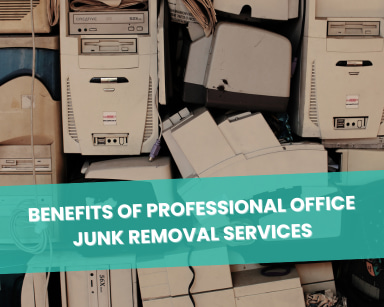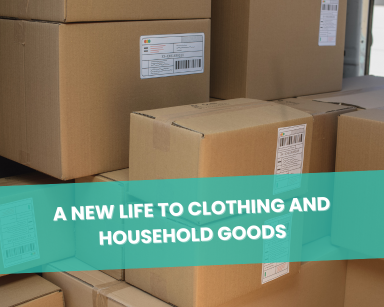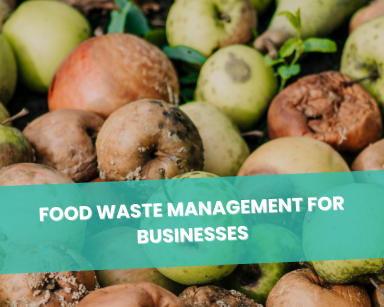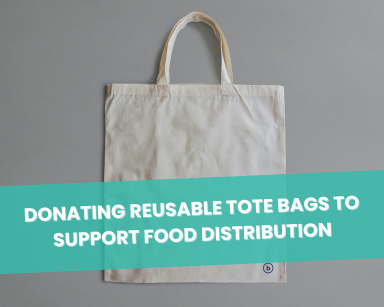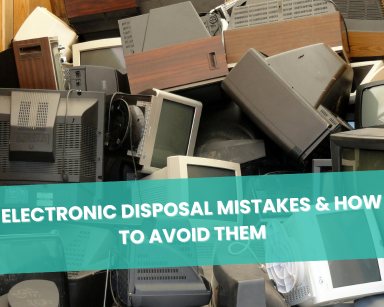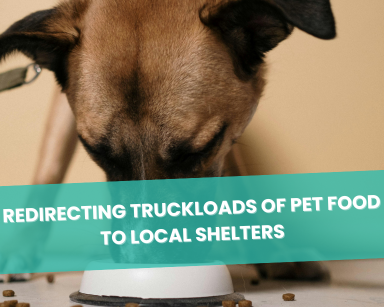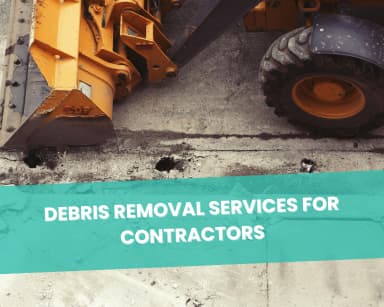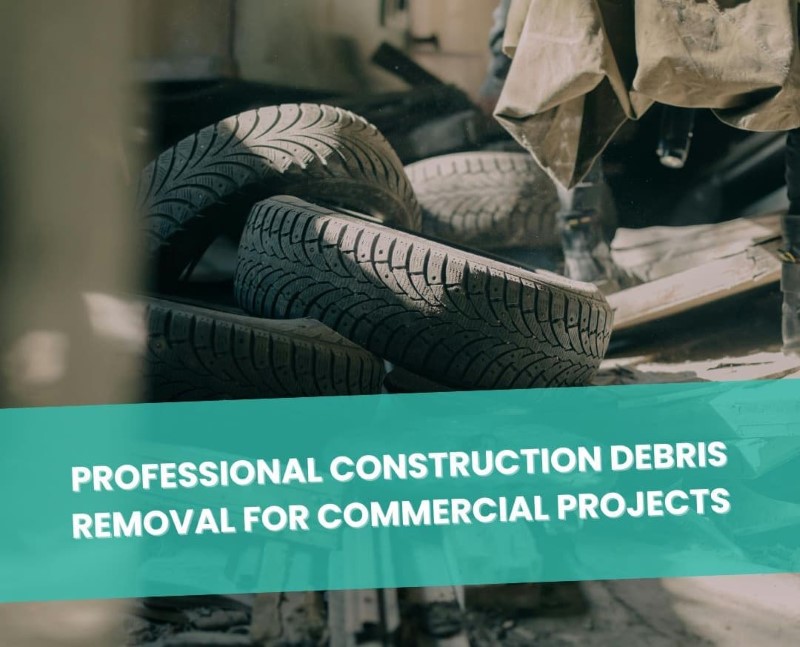Commercial Liquidation vs. New Strategies: How to Rid Obsolete Inventory for Amazon Sellers
Amazon sellers, you’re well aware of the challenges that obsolete Amazon inventory poses. It can be a real headache, tying up valuable resources and hindering the growth of your business. But did you know that there’s a strategy beyond the well-trodden path of commercial liquidation?
By exploring alternative options and thinking outside the box, you can discover hidden potential and turn these seemingly burdensome assets into valuable opportunities for your business. Let’s delve deep and discover the potential that lies within your obsolete inventory.
Table of Contents
The Common Problem: Obsolete Inventory
Every Amazon seller’s journey eventually faces the crossroads of stagnant stock. These items, whether due to changing trends or over-purchase, end up consuming warehouse space and add to holding costs. Traditional options like liquidation might offer a respite, but it’s a short-term bandage on a recurring problem. It’s like putting a band-aid on an ever-bleeding wound. The more you rely on commercial liquidation, the more you risk long-term profitability.
Commercial Liquidation: A Tried-But-Tired Method
Liquidation is the go-to choice for many sellers. After all, it promises a recovery, albeit marginal, of the invested amount. Typical liquidation can help you claw back 5-10% of product costs. But, here’s the catch: the expenses associated with liquidation often diminish these savings. Plus, offloading to liquidators can extend up to 90 days, incurring additional holding costs. Not exactly the smooth sailing you had in mind, right?
The Environmental & Brand Cost
Liquidation isn’t just about the monetary aspects. There’s an environmental footprint that we rarely account for. Disposing products to landfills or incineration is unsustainable, contributing to carbon emissions. Furthermore, your brand image is at stake. In an era where consumers demand brand responsibility, how your surplus inventory is managed can impact your reputation.
Beneficial Reuse: A Smarter Solution
What if you could turn your obsolete Amazon inventory into an opportunity? Beneficial reuse or circular economy offers one such solution. By refurbishing, repairing and ultimately reusing the products, you can actually generate returns without compromising on brand values and environmental objectives.
Beneficial reuse is the bridge between surplus inventory and community needs. This isn’t about discarding but repurposing. So, how does this process stand tall against the conventional method?
- Quick Turnaround: We’re talking 3-5 days, a stark contrast to the lengthy liquidation process.
- Financial Gains: Beyond savings on holding costs, you’re looking at tax credits of up to 17.5% of your total donation.
- Strengthened Brand Image: Align your business with values of community service and eco-friendliness.
Why It Trumps Other Options
Let’s get real. A product intended for recycling, incineration, or landfill isn’t waste. It’s a usable item being discarded. When you look through the lens of beneficial reuse, you see potential. Potential to serve, to reduce environmental strain, and to save.
Here’s the kicker: while liquidation might recoup a fraction of product costs, it’s often less than the tax credits you stand to gain from beneficial reuse. At Happen Ventures, our goal is to direct these items to those in need, reducing waste and enhancing ESG scores.
The Real-world Impact
The real power of beneficial reuse lies in the connections we make between those who need and those who have. At Happen Ventures, we facilitate these connections by matching products with local community organizations that need them. By aligning with beneficial reuse:
- Over 50,000 truckloads have been diverted.
- A whopping 700,000 miles in transportation saved.
- Goods worth over $650M have found purpose again.
- Over 60,000 tons kept out of the waste stream.
Making It Work for Amazon Sellers
Amazon sellers, particularly those struggling with overstocked items or returns, can leverage beneficial reuse as a strategy. Beyond being an efficient way to manage surplus, it demonstrates a commitment to sustainability and societal welfare.
- Overstocked Products: Turn surplus into support. Redistribute excess items to charities, bolstering sustainability and goodwill.
- Returns: Simplify returns management. Donate usable returned items, cementing your commitment to eco-responsibility.
The Happen Ventures Difference
We’ve formed strategic partnerships with global giants – leading retailers, manufacturers, and waste management firms. By joining forces, we are committed to repurposing valuable resources that would otherwise end up being needlessly discarded, contributing to a more sustainable and environmentally friendly future.
Our process is clear-cut. We identify products erroneously marked for landfill, align them with communities in need, and handle all logistics and documentation. Your surplus inventory isn’t a burden but an opportunity to enact change.
The Bottom Line
Amazon sellers, the choice is yours. Navigate the tried-and-tested, often expensive road of liquidation, or embrace the innovative, community-centric path of beneficial reuse. At Happen Ventures, we believe in the power of repurpose. Join us in revolutionizing inventory management while championing sustainability and community upliftment.
As businesses evolve, so should their strategies. In the quest to manage obsolete inventory, it’s time to look beyond immediate gains and explore lasting impacts. Beneficial reuse isn’t just a service; it’s a movement. Be part of this transformative journey.

